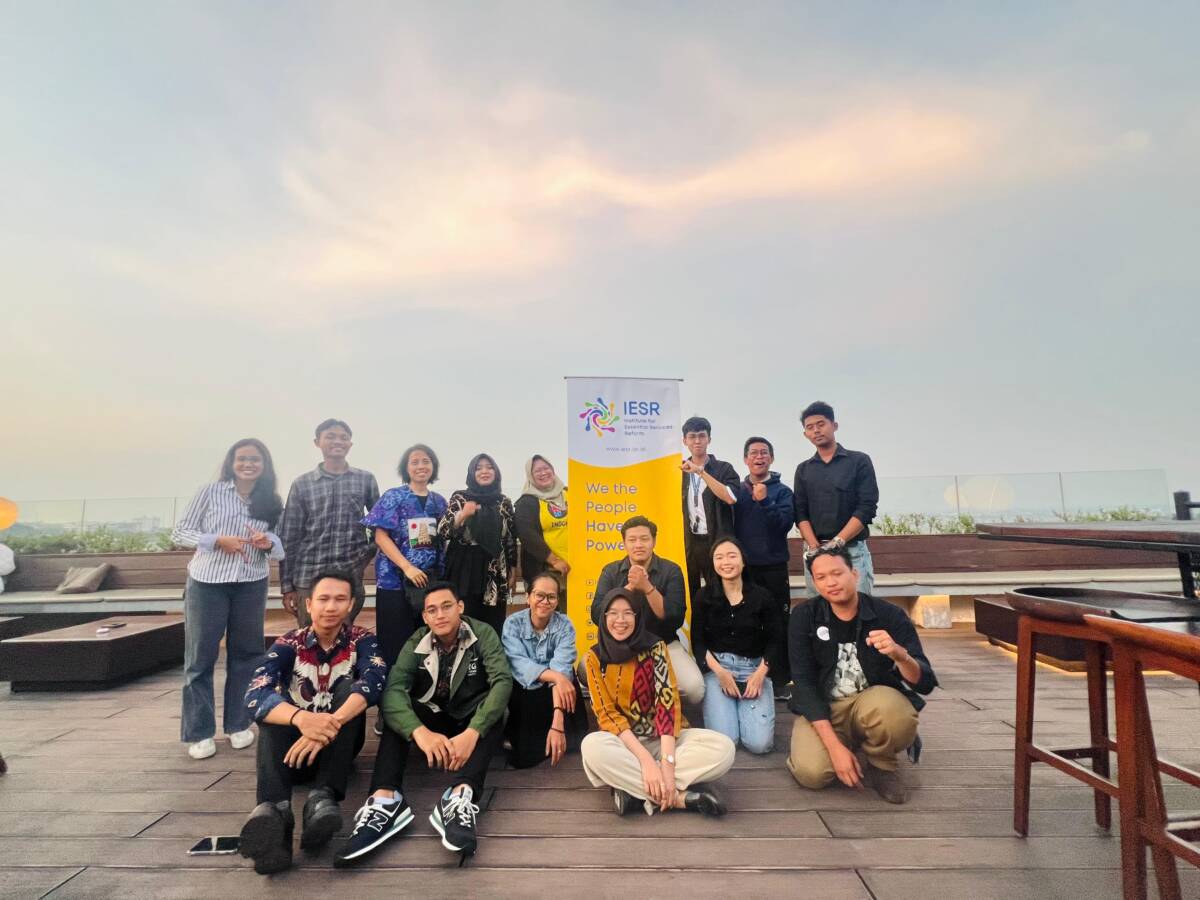Semarang, October 4, 2024 – Amid the growing urgency to address the global climate crisis, green collaboration has become a key element in implementing a sustainable future. Green collaboration refers to cooperation among various stakeholders—government, private sector, civil society, and academia—to achieve mutually beneficial environmental, social, and economic goals. This concept is important in the context of Indonesia, which, while blessed with abundant natural resources, also faces significant challenges in energy transition and climate change mitigation.
Nurul Fadilah, Local Staff of the Sustainable Energy Access Program at the Institute for Essential Services Reform (IESR), outlined the importance of building synergies with various stakeholders who share a common vision regarding energy transition and environmental issues. According to her, emission reduction is not only the responsibility of the government or a single organization but requires cross-sectoral and multi-party collaboration.
“At IESR, we are committed to expanding cooperation with various partners, both governmental and non-governmental organizations, to promote clean energy transition and carbon emission reduction in Central Java,” said Nurul at the Stakeholder Engagement event in Semarang on Friday, October 4, 2024.
Similarly, Icaq Dwi Prasetyo, Local Staff of the Sustainable Energy Access Program at IESR, emphasized that strong and coordinated collaboration between organizations and communities is critical in achieving ambitious emission reduction targets. Through this Stakeholder Engagement activity, IESR aims to strengthen relationships with organizations that have similar commitments, while also opening up opportunities for further collaboration to promote sustainable energy transition and emission reduction in Central Java.
“Efforts to reduce emissions in Central Java require broader collaboration. No one party can handle this alone. At IESR, we see the importance of combining expertise and resources from various organizations and communities with similar focuses. Together, we can create more effective and sustainable solutions. This collaboration will accelerate the transition to clean energy and help Central Java contribute significantly to mitigating the impacts of climate change,” said Icaq.
On this occasion, Zikri, President of the Society for Renewable Energy (SRE) at Universitas Diponegoro (Undip), expressed appreciation for the event initiated by IESR to strengthen synergy among stakeholders working in the fields of energy and environment in Central Java.
“Our hope is that moving forward, we can collaborate further, both in research and capacity building, to jointly advance emission reduction efforts in Semarang and Central Java as a whole. We believe that with solid collaboration, we can achieve greater emission reduction targets,” emphasized Zikri.
Several organizations that attended and participated in this event include WALHI Central Java, SRE Undip, World Cleanup Day Central Java, Peduli Sosial Universitas Diponegoro, Back-Ind, Koalisi Pemuda Hijau Jawa Tengah, Jaringan Iklim dan Alam, Lindungi Hutan Semarang, DEM Semarang, DEM Undip, and DEM UNNES.

